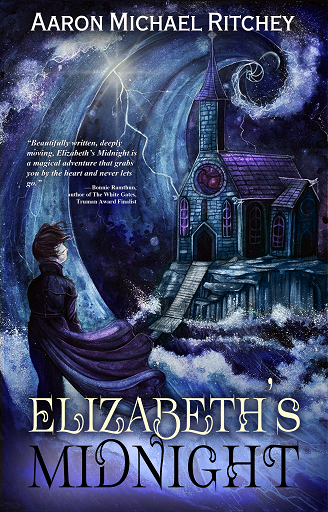Every day, a batch of people decide to write a short story or a novel. For the vast majority, the realization that writing is a difficult task to accomplish will push them back to Netflix or trying to catch Squirtle on their “Pokemon Go!” game.
For those who do manage to finish a piece of work, they may look at it and realize they’re not quite ready for publication. The hours of work are shoved into a trunk and they begin their next project, understanding that every iteration they go through develops their skills. Soon enough, they finish a project that they feel is ready for submission.
It is at this point where they begin to look around for places to send in their work. Unfortunately, there are sharks in the uncharted waters, all looking for a quick feast. How does a newbie author avoid the hazards that almost every established author already knows?
Ask Questions.
Asking questions on Facebook, of friends, or even at convention panels is an excellent way to avoid some of the more common scams. Mention Author Solutions or Publish America and every knowledgeable author shudders. They’re familiar with some of the most famous scams and methods of fleecing newbie writers. Those of you who know should be helping the newbies by answering their questions. It’s a way to give back to the writing community that was there for you when you were just starting out.
When you see someone asking questions, take the time to be helpful. Even pointing them to articles or websites can prevent someone from becoming another empty wallet. If you look out for others, they will certainly remember your name. With any luck, they’ll buy your next book and perhaps even leave you a nice review. Whether they do or not, others will remember you as someone who was helpful, and that’s a good reputation to have.
Check Writer Beware.
Writer Beware is a website attached to SFWA and endorsed by the Mystery Writers of America and the Horror Writers Association. Started by A. C. Crispin and Victoria Strauss in 1998, the project lists many agents, editors, and publishers with questionable reputations. They include plenty of details, plus give a “recommended” or “not recommended” rating when appropriate.
The website has an extensive series of articles, reviews, recommendations, and red flags for both the newbie writer and the experienced author. It’s always a good idea to check the latest when sending in projects that took a lot of time to develop. Sometimes good publishers go bad, and sometimes others redeem themselves. The website is updated often by a dedicated team.
A good example of what they offer can be found in their Small Press section.
Check Preditors and Editors.
Hosted by the Critters Writing Workshop and Dr. Andrew Burt, this website may make your eyes water with its 1990’s-era design, but it is chock-full of excellent advice on publishers, editors, services, and agents. Each section lists hundreds of entries and if they are recommended or not.
A good example is their Agents section. Each known listing includes as much details as is known, plus some are shown to be members of the AAR or are recognized as professionals by groups such as the Romance Writers of America. If there are any issues, those are spelled out, sometimes with a red Not Recommended rating to warn users against submitting any work to them.
Check the Absolute Write forums.
The Absolute Write “water cooler” is a forum open to anyone who registers. Should anyone have an issue with a publisher, agent, or service, this is one of the first places they go to in order to lodge a public complaint. In fact, if you cannot get a reply back after repeated attempts over a long period of time, posting a query here asking if anyone else has had problems can suddenly wake up the sleeping editors and publishers. Nobody wants to get discussed in a negative way on this website. It is important to note that this should be more of a “last resort”, not a first to-do when they don’t answer your email as quick as you would like.
There are many different forum sections, but the most apropos one for our discussion is at the Bewares, Recommendations & Background Checks forum. You have to register to post, but you can read without doing so. This is a great place to do a cursory search for the name of the business you’re interested in. Remember, just because one person had an issue doesn’t mean that fifty others have nothing but praise. Read through the posts, especially the most recent ones, to get a feel for how they are operating currently.
Professional Organizations.
The pro organizations have some excellent benefits for members. Some, like the Horror Writers Association, have a lower-tier membership for folks who haven’t sold any professional-rate work yet but have been published in semi-pro or “exposure” markets. Others require at least one sale at a professional rate, which SFWA determined is six cents per word in an approved market. Others genres may vary.
Most of the pro organizations have a grievance committee. These assist writers when there is a problem, which can range from contract issues to non-payment for accepted stories. Getting listed as a banned market in a professional organization can be a death-knell for a publisher. Note that the grievance committee works as a go-between when there is a legitimate disagreement. Only if a publisher or agent is found to be dishonest with more than one author will they be considered for a public notification that works published there are not acceptable for professional organization membership.
For those writers who are considering joining a pro org, this is one of the best benefits. Another one is a contract committee, which SFWA does have. This committee has articles on contract ‘gotchas’ to avoid and they can also answer questions on your contract.
And with that, you are now at least starting out your Dungeons and Dragons adventure with leather armor and a sword instead of a raggedy old cloak and a stick. Enjoy your trek, and remember to make new friends along the way.





